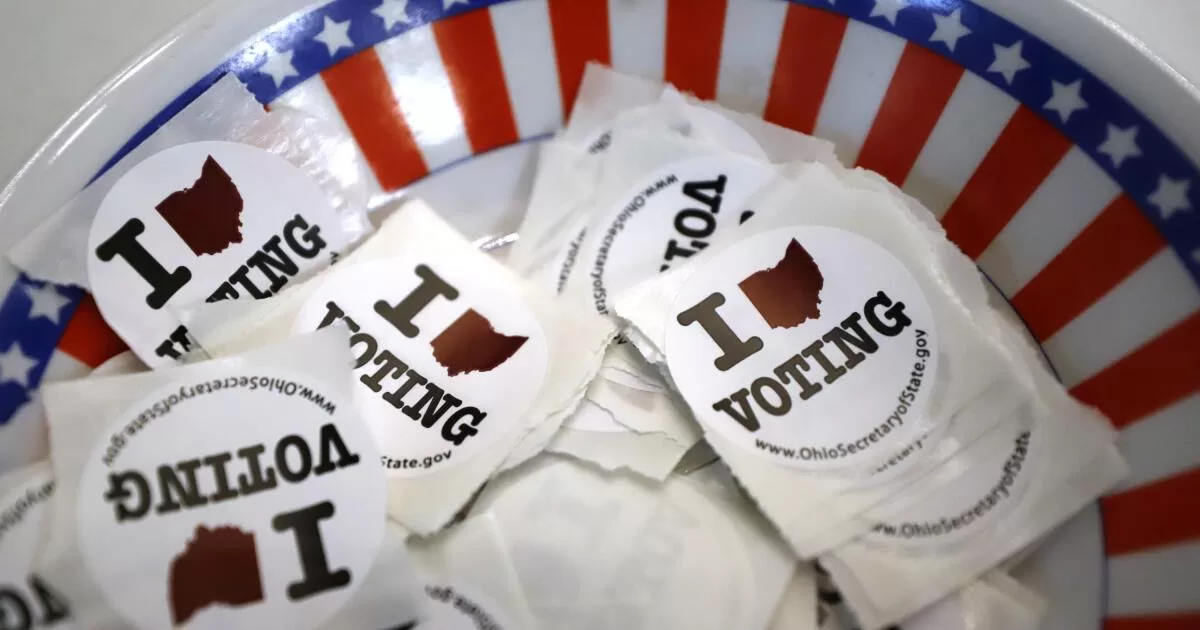A federal judge has struck down part of Ohio’s sweeping 2023 election law, which voting rights groups said restricted people from helping voters with disabilities cast absentee ballots.
Voting advocates argued that the Republican-backed law went too far by prohibiting anyone but a few qualifying family members from helping people with disabilities deliver their ballots, excluding potential helpers such as professional caregivers, roommates, in-laws and grandchildren.
They said the decision issued Monday by a U.S. District Court judge in Cleveland was a victory for democracy and voters.
“We are thrilled that the court ordered the state to stop denying Ohioans with disabilities the opportunity to cast their ballots via assistance from a trusted person of their choice. This is the correct reading of the Voting Rights Act and a validating decision for Ohio voters,” said Freda Levenson, legal director for the American Civil Liberties Union of Ohio.
The League of Women Voters of Ohio and voter Jennifer Kucera, who was born with a form of muscular dystrophy, filed a lawsuit in December under the Americans with Disabilities Act against the state’s Republican secretary of state, Frank LaRose.
The law, which took effect in April 2023, also made it a felony for anyone who isn’t an election official or mail carrier to possess or return the absentee ballot of a voter with a disability, unless the person assisting them qualified as a close relative.
Republicans who backed the law argued that its provisions were designed to protect election integrity and restore voter confidence at a time of great doubt among GOP voters. The ruling comes as former President Trump and his Republican allies continue to spread false claims that there was widespread fraud in the 2020 presidential election.
Voting rights advocates in Ohio say many voters with disabilities are unable to travel to their polling places and many are unable to access their mailboxes or ballot drop boxes.
